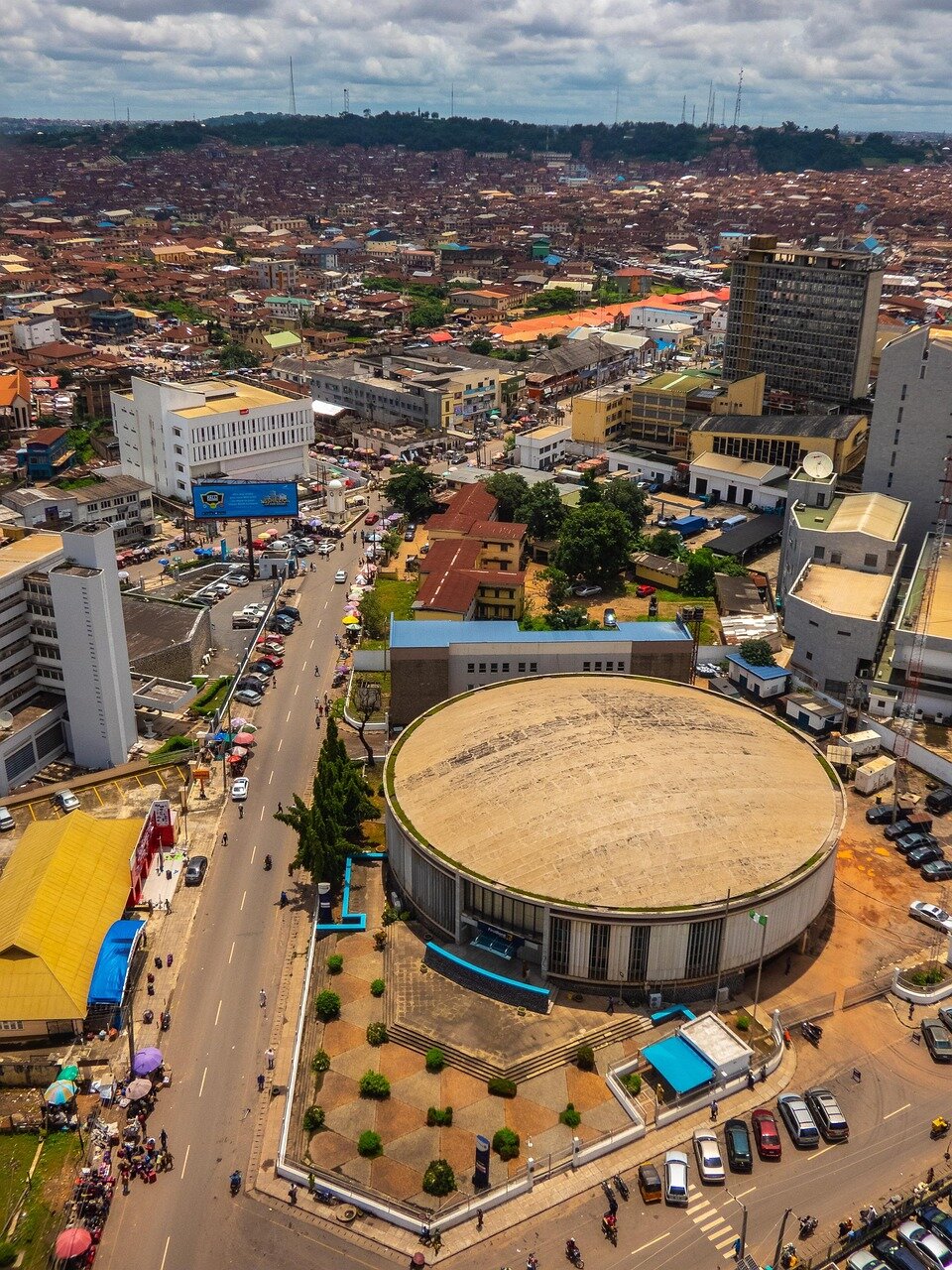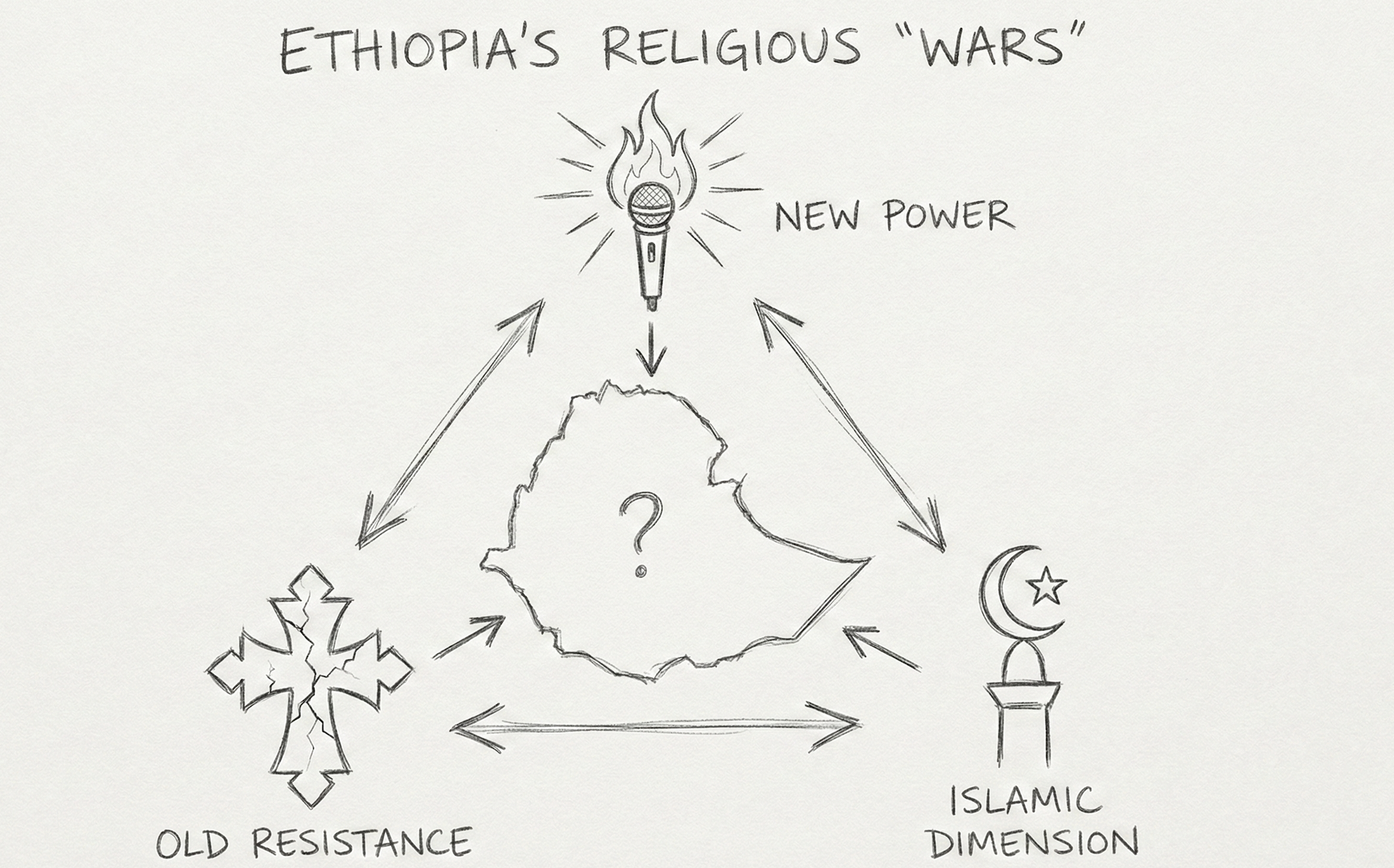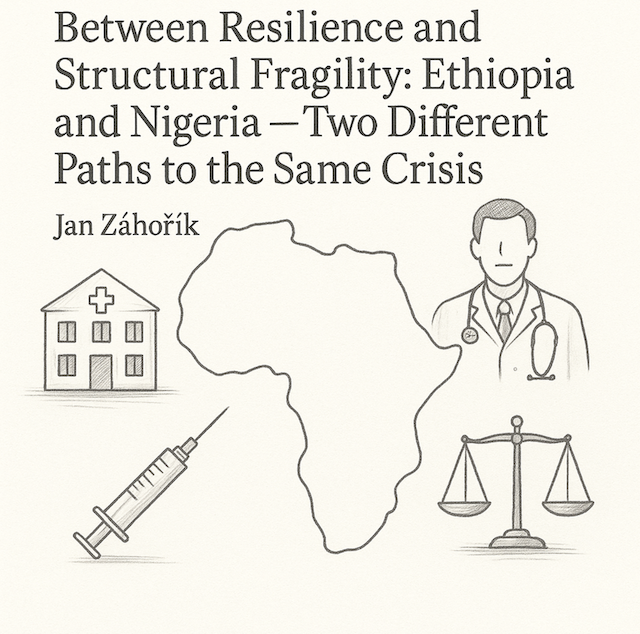Events 2018
In the spring of 2018, there were reports of the possible death of Khalifa Haftar, which were later refuted by his closest associates. These reports were most likely intended to demotivate the eastern government and army enough to cause internal disintegration. In addition, the information vacuum created by Tobrúk fueled certain doubts about his state of health. Everything changed a few weeks later when he reappeared in public. According to the statement, the general suffered a stroke, after which he recovered in Paris and then triumphantly returned to Libya.
Another important event this year was the release of Saif al-Islam Gaddafi, who had been held by the Zintan militia since 2011. The militia's ongoing disputes with the Tripoli government (GNC and then GNA) led to extradition delays, with his involuntary detention shielding him from a civilian trial in Tripoli. In the meantime, he sentenced him to death in absentia for serious crimes. He was finally released at the request of the Tobruk government, which was granted by the security forces of the Abu Bakr al-Sadiq battalion. Saif al-Islam was released on June 9. In addition, the Zintán militia guaranteed him impunity and allowed him to leave the country. This event clearly confirmed to the world that Zintán, who played a major role during the 2011 revolution, does not appear to be firmly on the side of Tripoli. We will probably never know what the main goal of the release was, however, it confirms the fact that the local brigades are sovereign and do not want to submit to pressure from the north. Moreover, in recent years there has been increasing speculation confirming the alliance of the Zintan militias with the Tobruk government, which certainly does not represent an ideal situation for Tripoli.
During 2018-19, Haftar made several gains in the south-west of the country, during which he controlled considerable territory, including the Saharan oil fields called the "Oil Crescent". According to Haftar, the main motive of this campaign was to "cleanse" (literally uproot) the territory of terrorists and rebel groups that continued to operate there, without much control of the Tripoli government. significant economic problems occurred. Local officials began to press Tripoli due to this situation under the threat of stopping mining, which practically happened. This situation paradoxically prepared a good environment for the incursion of Haftar's troops into the area, which they managed to control without much difficulty. The spokesman of the eastern government (LNA) commented on this success by saying: "al-Sharara is completely safe and ready for production... PFG guards have handed over the oil fields voluntarily to our troops". represented 800,000 barrels per day.After later diplomatic pressure on Tobruk, an agreement was reached with the NOC to redistribute profits, which were supposed to go mainly to pay off Libyan debts abroad. Most likely, the fact that the National Oil Company began to profile itself more as a neutral and apolitical organization than it was until now also contributed to this.
However, the eastern government was not satisfied with local gains and in March 2019 launched a campaign called the "Victory March" against Tripoli. The HoR promised to topple the Tripoli government (GNA) and restore order in the country. Before the start of the offensive, Haftar said: "Tripolis, we hear your call...", by which he most likely wanted to legitimize his actions as an act of goodwill and necessary help. On this account, the chairman of the GNA al-Sarraj warned of retaliation. In the fight against the general, they promised him the help of the Misrata militia, who have always been on the side of Tripoli. An important fact is that the GNA's mandate was mainly supported by the UN and Western countries from the beginning. The HoR, i.e. the LNA, on the other hand, is supported by Egypt, the United Arab Emirates, Russia and, most recently, Saudi Arabia , which sponsors him primarily financially. On March 16, world politicians warned of the emergence of another civil war if Tripoli is recaptured by Haftar's troops. As part of the escalation of the situation, the Eastern Military Prosecutor's Office issued an arrest warrant for PC Chairman and Prime Minister al-Sarraj for committing serious crimes crimes against the state.

.png)








